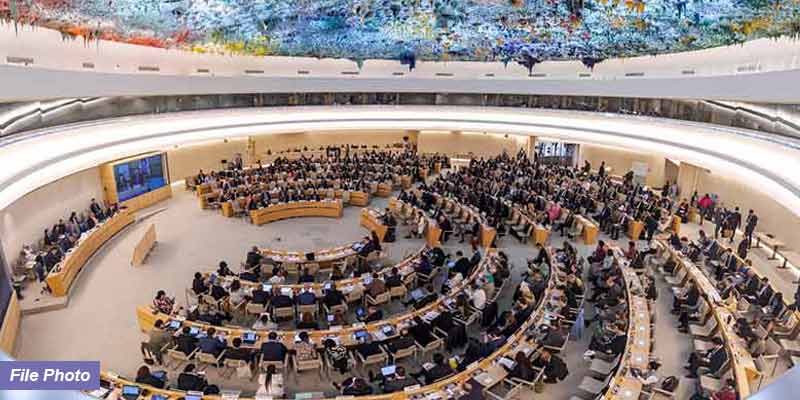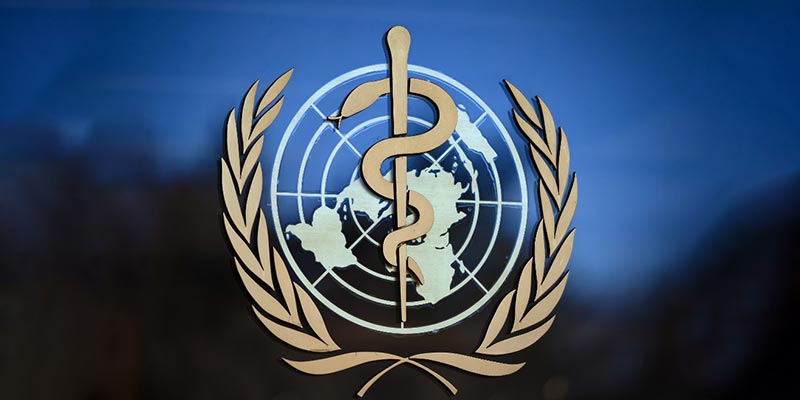- World
- May 17
What is World Health Assembly?
• The 78th session of the World Health Assembly (WHA78) will convene from May 19 to 27 in Geneva, Switzerland, under the theme ‘One World for Health’.
• The Health Assembly will bring together high-level country representatives and other stakeholders to address health challenges.
• This year’s gathering comes at a pivotal moment for global health, as Member States confront emerging threats and major shifts in the landscape for global health and international development.
• This year’s theme underscores WHO’s enduring commitment to solidarity and equity, highlighting that even in unprecedented times, everyone, everywhere should have an equal chance to live a healthy life.
World Health Assembly
• The World Health Assembly is the decision-making body of WHO. It is attended by delegations from all WHO Member States and focuses on a specific health agenda prepared by the Executive Board.
The main functions of the World Health Assembly are:
i) To determine the policies of the organisation.
ii) Appoint the director-general.
iii) Supervise financial policies.
iv) Review and approve the proposed programme budget.
• The Health Assembly is held annually in Geneva, Switzerland.
What to expect in WHA78?
• A highly anticipated moment of the WHA78 will be the consideration of the Pandemic Agreement, a landmark proposal developed over three years of intense negotiations by the Inter-governmental Negotiating Body, composed of all WHO Member States.
• The adoption of the agreement is a once-in-a-generation opportunity to safeguard the world from a repeat of the suffering caused by the COVID-19 pandemic.
• The proposal will be the second ever presented for approval under Article 19 of the WHO Constitution, which gives Member States the authority to reach agreements on global health.
• Reprioritisation of WHO’s work, including cost-saving measures and budget adjustments, will also apply to the current year. The aim is to focus on WHO’s core work and increase efficiency. The reprioritization is a critical step to aligning WHO’s resources with the most urgent global health needs and getting health-related Sustainable Development Goals (SDGs) back on track.
• Sustainable financing was one of several transformation priorities put in place by the WHO Director-General to ensure a more efficient and impactful WHO when he first took office.
• The Health Assembly will consider approximately 75 items and sub-items and is expected to approve more than 40 resolutions/decisions, many of which are put forward by the Executive Board at its 156th session, where they have been previously discussed.
World Health Organisation
• The WHO is an agency of the United Nations set up in 1948 to improve health globally. It has more than 8,000 people working in 150 country offices, six regional offices and its Geneva headquarters.
• The WHO has 194 Member States.
• Its director general is elected for a five-year term.
• The WHO’s stated aim is “to promote health, keep the world safe and serve the vulnerable”.
• It has no power to impose health policies on national governments, but acts as an adviser and offers guidance on best practice in disease prevention and health improvement.
It has three main strands of work:
i) Aiming for universal health coverage in every country.
ii) Preventing and responding to acute emergencies.
iii) Promoting health and well-being for all.
Manorama Yearbook app is now available on Google Play Store and iOS App Store


